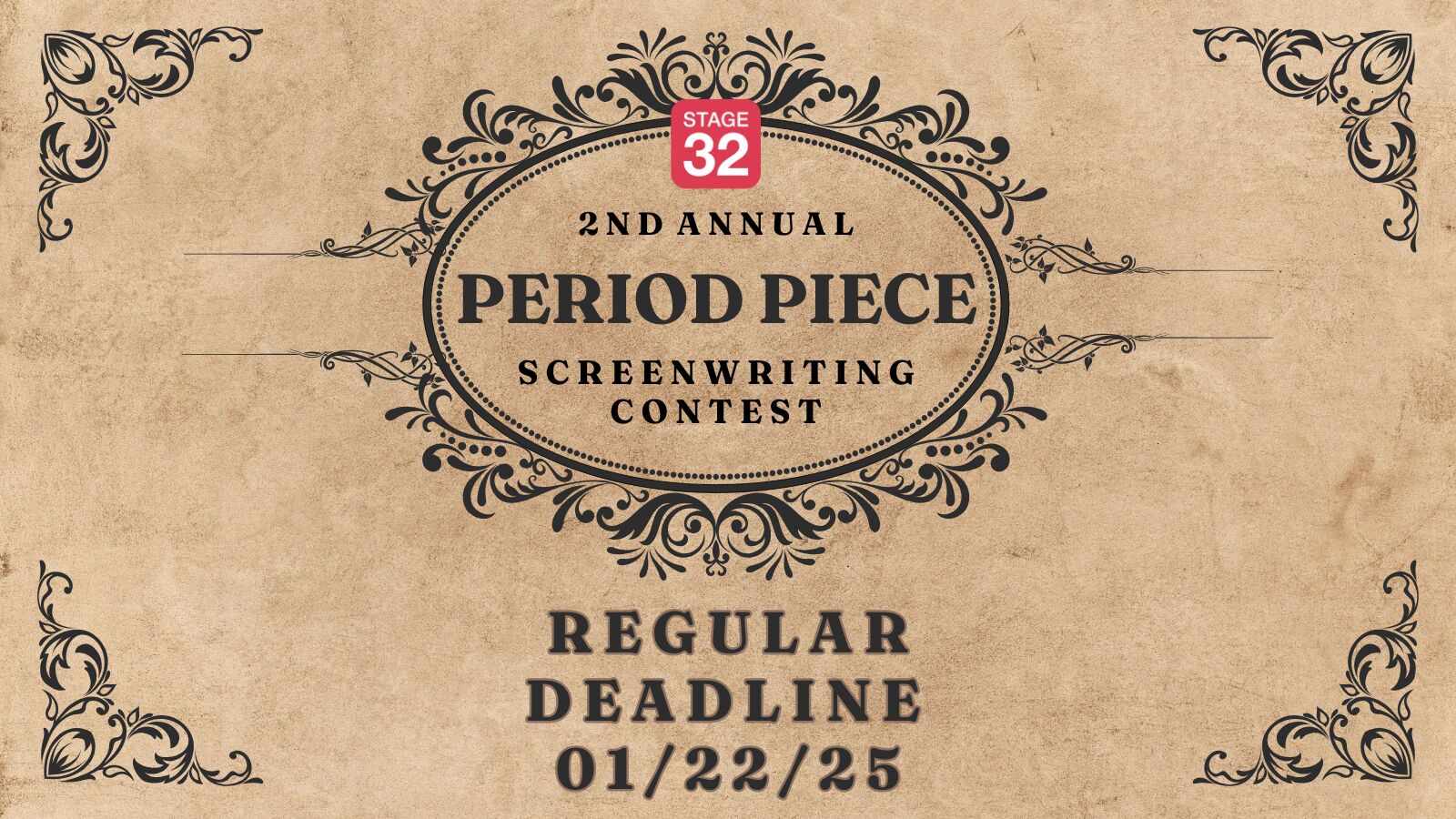Hey there Stage 32 community! I know I'm extremely young and have no experience writing, heck my primary language wasn't even English! lol either way, I am in the middle the first book in a 5 book series. I'm still unclear on what to call the Series in general but I've got a title for the first book in mind, 'Yvonne Luka: The Revolution Begins' It's roughly based on a 15 y/o kid with a single mother who acquires extraordinary superhuman abilities through 2 immortal scientists that have existed since the beginning of time. The plot is pretty simple so far but i am definitely trying to make it more complex so it will interwine with the rest of the books with ease. If you guys have any questions, comments, or even ideas; feel free to contact me! Thanks for your support Stage32! Mando Foreal



That has to be some of the best advice I've gotten so far! Most people won't point this part out enough, so glad you could remind me!
1 person likes this
well the 2nd story then has to be a flashback to explain the project and why. The third is the major backlash against the character. The fourth is the characters search for others of their kind, and the fifth (providing you really wish to end it) is the eventual triumph of the character(s) "against the machine". perhaps for a title "The Temporals". Just my 2 pence.
2 people like this
I've written two series both published by HarperCollins. The first a four book arc, and the second, a five book arc. Something to keep in mind when writing a series is that you want to be able to pull in readers no matter what book they start with. So each book needs to stand alone, but also tie into the series. Granted this is easiest in the first book, since everyone starts fresh. So to that end, here are a few tips: 1. For every character you bring on, think of how they are going to be portrayed for the longer story arc. Relatives, friends, etc. Just something to keep in mind, since they can all be super important in later books/plot developments. (For instance, creating a character who is an only child, orphaned, or whatever, then discovering that in Book 2, you need that character to have a brother, aunt, uncle. etc.) 2. In later books, be careful of spoilers. Nothing like picking up book 2 and reading who the killer was in book 1. (I write crime fiction/thrillers.) Or how an adventure was resolved by some super cool way of recovering the treasure. Always speak in generalizations. So in book 1, we discover that Officer John Smith, was the killer. In book 2, we never name John Smith as the killer. We only state that the case was investigated, the killer caught. (Unless it was never any surprise John Smith was the killer.) Just find a clever way of informing the reader of the info, without giving away surprise plot issues in prior book. 3. Be careful not to bore the faithful reader who has been with you since book 1, in order to inform the new reader who is picking up the series in book 3. The best way to learn this is to pick up a successful series in your genre and see how that author handles it. In my mystery and thriller series, I need to somehow get out that my FBI agent is also a forensic artist and works with a covert spy agency that is so secret, it doesn't even exist on paper. And I must do that in every book. It needs to be seamless. The faithful reader should barely notice this repeat of info, while the new reader is being informed. 4. There's nothing worse for a reader to pay top dollar for a book, finish it, then discover that it ends with a cliffhanger and he must wait a year to find out what happens next. It's fine if all the books are released back-to-back. But even then a reader really wants some resolution to the installment he just read. So even if you have a 5 book arc, it works best if each book stands alone. It's like a good TV series season. Each one hour installment has its own storyline that is resolved, but it also encompasses the larger story arc which pays off if the viewer watches the entire season. That's all I can think of off the top of my head! Hope it helps!
1 person likes this
Also never answer all the questions you pose in your story. Answer just enough to pull them through, and keep on posing them to pull them through even farther.
Thanks Kenneth and Robin! I was actually thinking of going with the whole 'stand-alone' theme for each book. In still a little rough on how I want to direct the path of the story's arc, but I'm sure other series in my genre will help with any second guesses. Thanks again Robin! I hope to publish a chapter on here as a sample, hopefully nothing copywrite issues or whatever. I like the idea of asking questions and keep pulling the reader in, I recently read The Sparrow and boy is that my new favorite novel! I'm going to start applying Socrates' method to see if it fits well with my storyline, thanks again Kenneth! Every bit of advice helps me guys, so thanks for all the effort you put into helping novice writers!